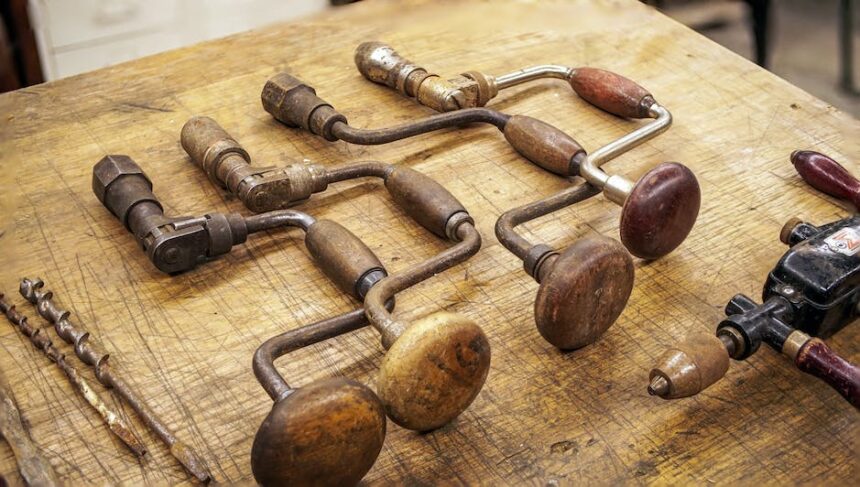The Essential Guide to Credit Repair: How to Improve Your Credit Score
A Guide on Strategies and Best Practices for Improving Credit Scores
Your credit score is an important financial measure that can determine the kinds of credit options you have available, whether or not you are accepted for financing and even what kind of job opportunities you might qualify for. So it’s important that you take steps to improve your credit score as effectively and quickly as possible. Here’s your essential guide to credit repair and improving your credit score.
Get a Copy of Your Credit Report
The first step to repairing your credit is to get a copy of your credit report. Federal law entitles you to one free report per year from each of the three major credit reporting agencies – TransUnion, Experian, and Equifax.
You can also request a copy from each agency at any time, though you may be charged a fee. It’s important to make sure your credit report is accurate and up-to-date, as mistakes can result in a low credit score. Make sure to carefully review all entries on the report and confirm that any negative items are accurate.
Create a Payment Plan
If you have any outstanding debts or unpaid bills, it’s important to create a payment plan. Once you’ve identified any debts that need to be paid off, create a budget and timeline for when those debts will be paid off.
This will help you prioritize which debts to pay off first, as well as how much money you need to allocate each month to make steady progress. Additionally, make sure to keep up with all debt payments and credit purchases in full and on time. This will help to improve your credit score over time.
Pay Down Your Debt
Paying down your debt can also significantly improve your credit score. The less debt you have relative to your available credit, the better. So try to pay down as much debt as possible.
Additionally, it may be wise to avoid debt consolidation. Depending on the terms of the consolidation, it could leave you with higher interest rates and even a longer payback period. Instead, focus on establishing a consistent repayment plan and making steady progress towards paying off your debts in full.
Keep Your Credit Utilization Low
Another important factor to consider when improving your credit is to keep your credit utilization low. Make sure to keep your balances low relative to your available lines of credit. For example, if you have a credit card with a $1000 limit, try to keep the balance at or below $200.
Your credit utilization ratio is an important part of your credit score calculation, and keeping it low will help to improve your score. Additionally, make sure to stay in communication with your creditors so that they understand you are working on paying off any outstanding balances.
Stay On Top of Your Score
Finally, it’s important to stay on top of your credit score and make sure that any changes are accurately reported to the credit bureau. Make sure to check your score on a regular basis and to review any changes that have been made to the report. If there are any errors, make sure to dispute them as soon as possible.
Overall, repairing and improving your credit score can be a challenging process. But with a strategic approach and careful attention to detail, it is possible to significantly improve your credit score and set yourself up for success in the future.

